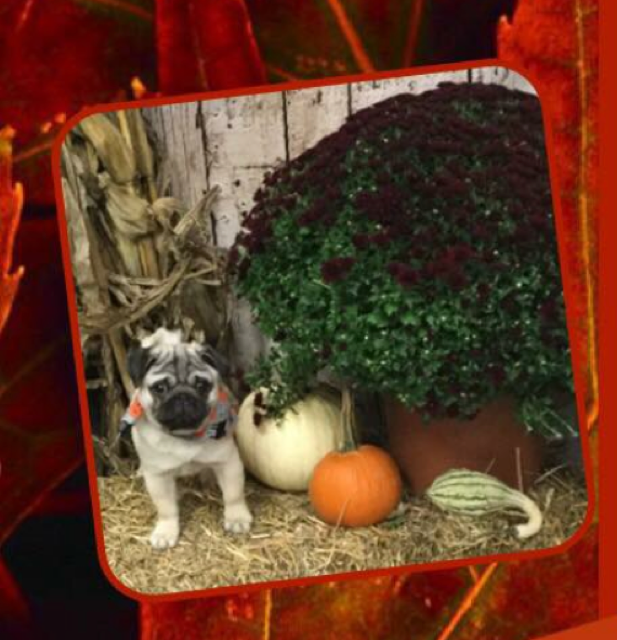1.) Reduce your pet's stress and fear. If you have large numbers of guests visiting your home, be sure your pet has a quiet area to which they can retreat to avoid the commotion. Crowds, noise, children, and even guest's pets that come to visit can be a source of anxiety and, in some instances, can even evoke behaviors such as aggression or fear biting.
2.) Fight the temptation to offer your pet table food and remind your guests to do the same! While we enjoy all the delicious items on the Thanksgiving menu, our pets do not tolerate them well. All too often we see patients shortly after the holidays with gastrointestinal issues or pancreatitis when they have received too many rich or fatty treats from the table. An inflamed pancreas due to a high fat meal can land your pet in the hospital for several days.
3.) Bag up and secure the garbage. Even after our best efforts in keeping everyone from feeding the dog table scraps, his nose can get the best of him. If the garbage is within reach, you can bet that he might find those scraps himself. My own dog is quite industrious when it comes to getting in the trash. Turkey bone ingestion can be another sure way to be visiting your veterinarian over the holiday.
4.) Make sure your pet has identification. Whether you are traveling with your pet or having guests come to your home, it is possible that they may slip out or get away from you. Be sure they are well identified with a collar and tag and/or a microchip, so they can more easily be reunited with you.




